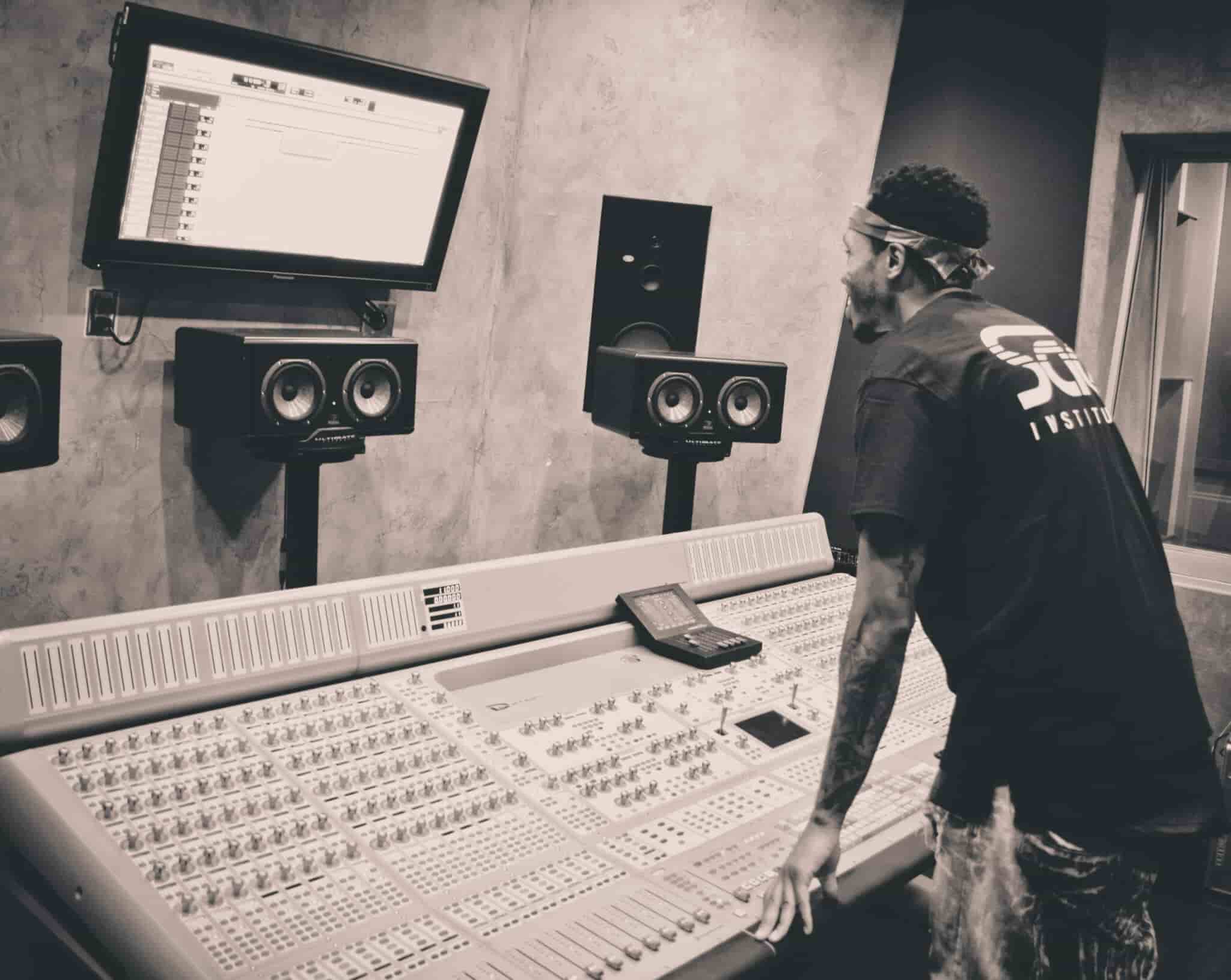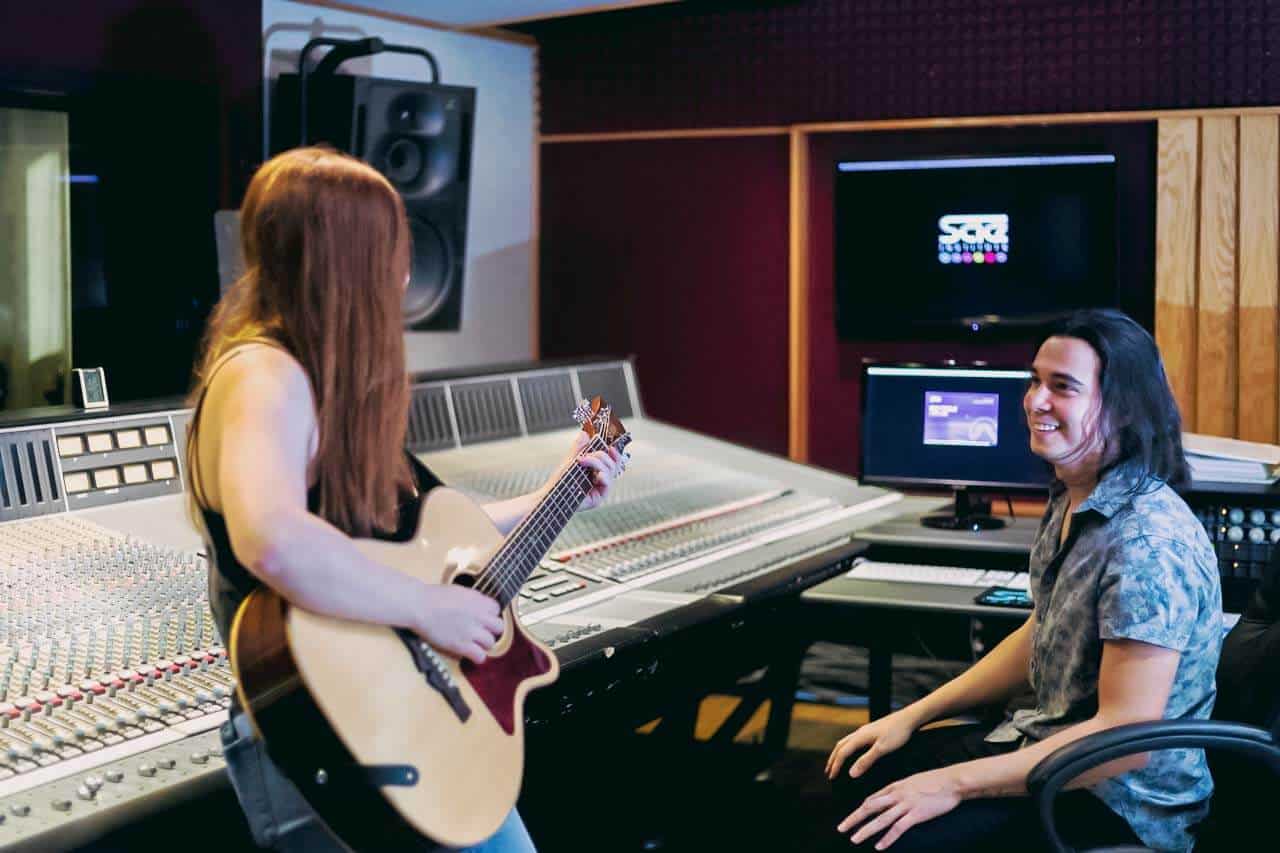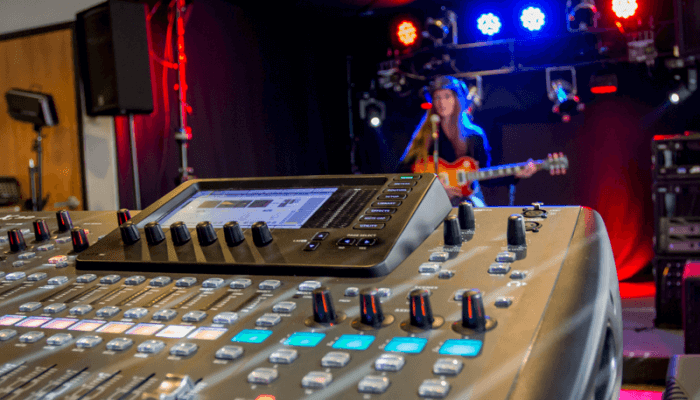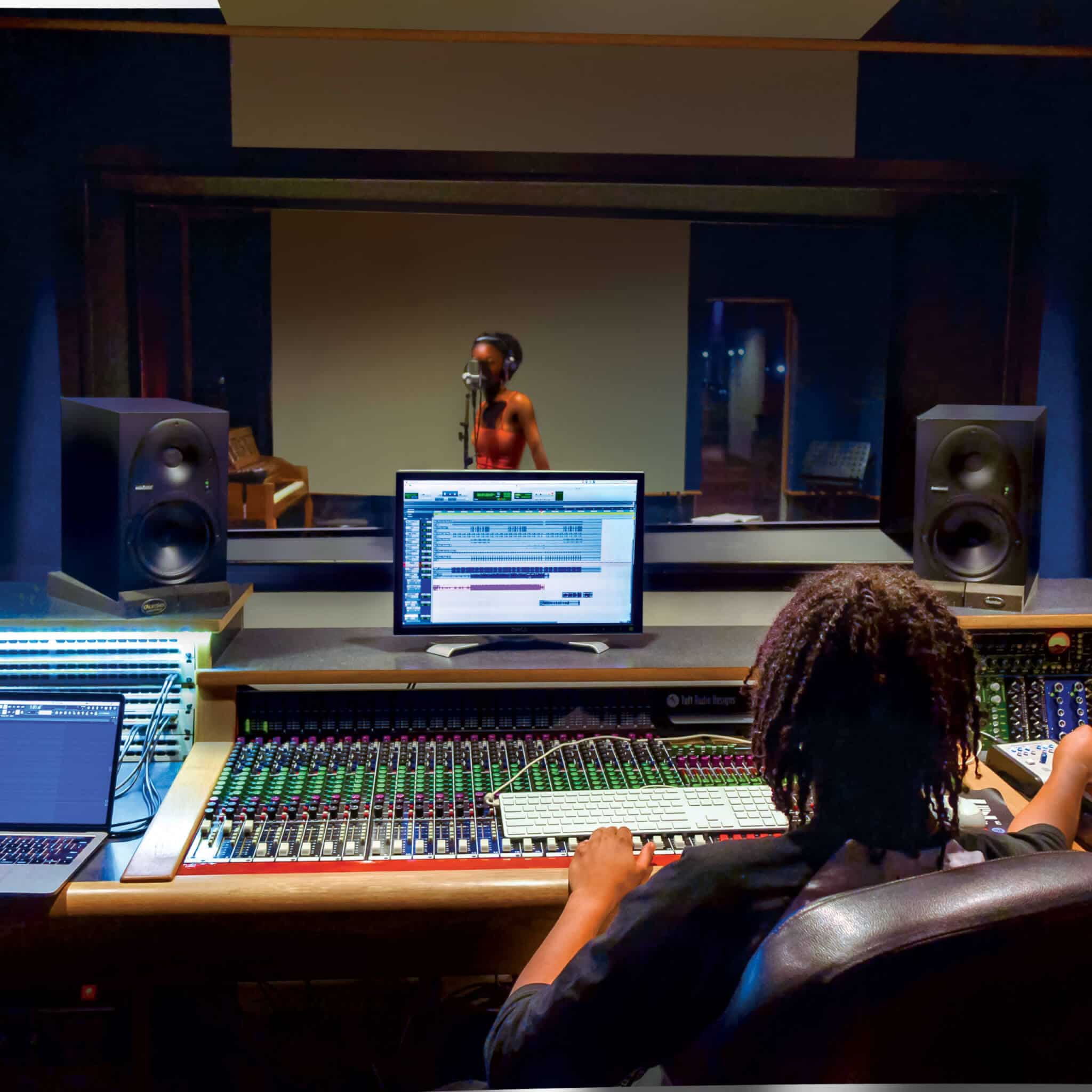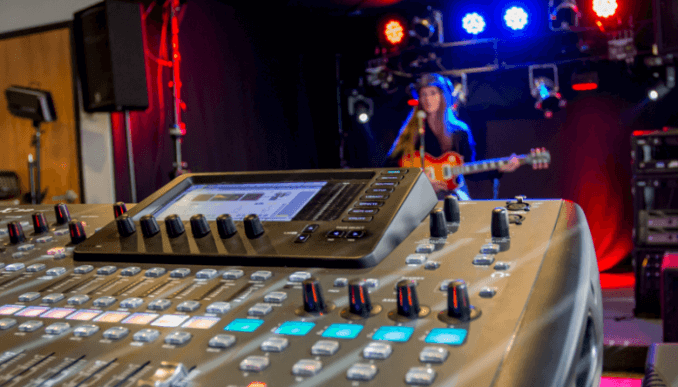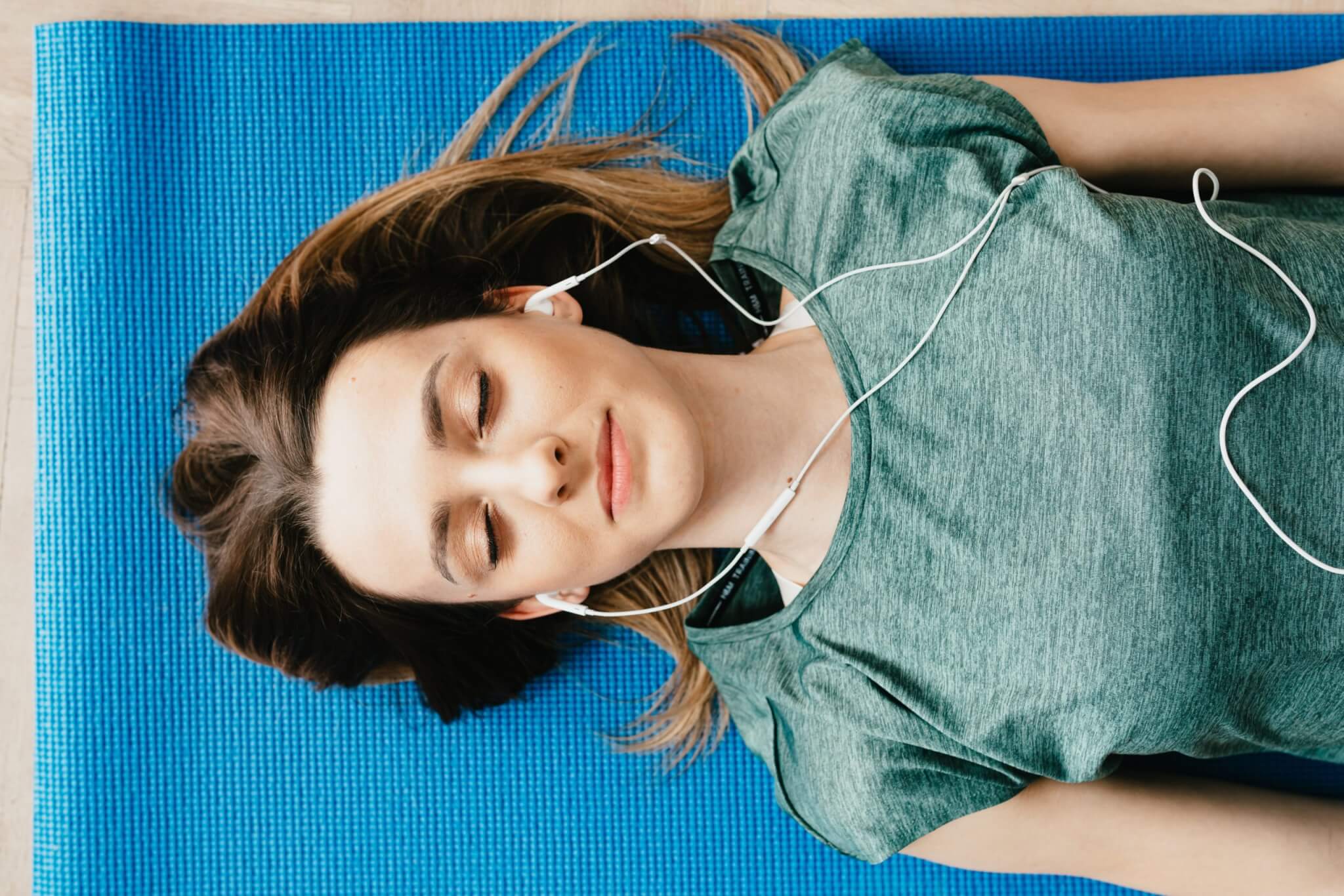Whether you realize it or not, you probably use music to trigger a variety of emotional or physical reactions in your mind and body on a daily basis. Let’s say you’re listening to classical music to help inspire creativity while painting, or using the cadence of a rock song to power through an intense workout, you’re technically practicing a form of what is called “Music Therapy”.
In honor of World Mental Health Awareness Week we’re diving deeper into the practices of Music Therapy and highlighting some of the ways in which people use music to relax, destress, motivate themselves, improve their mood, etc. in everyday life.
First, let’s get into what Music Therapy is.
The Merriam Webster dictionary describes Music Therapy as “the therapeutic use of music (as to reduce anxiety, improve cognitive functioning, promote physical rehabilitation, or enhance interpersonal communication) that typically involves listening to music, singing, playing musical instruments, or composing music.”
Many of us can relate to these practices in a variety of ways. Picking up that old acoustic guitar, creating playlists for a road trip, staying up all night perfecting a beat, all of these actions are things some of us do in our normal lives that involve using music to trigger a certain emotional experience. Sometimes that experience is a feeling of motivation, accomplishment, or sometimes it’s simply about relaxing the mind. Regardless of what the desired outcome is, using music to achieve a feeling is something that we can be made more aware of due to its positive outcomes.
Music Therapy is also an evidence-based health profession with a strong research foundation. Obtaining a Music Therapist degree requires knowledge in psychology, medicine, and music. According to The American Music Therapy Association (AMTA), Music Therapists can use music in general hospitals to: alleviate pain in conjunction with anesthesia or pain medication: elevate patients’ mood and counteract depression; promote movement for physical rehabilitation; calm or sedate, often to induce sleep; counteract apprehension or fear; and lessen muscle tension for the purpose of relaxation, including the autonomic nervous system. Aside from hospitals, Music Therapists can work in outpatient clinics, rehab facilities, drug and alcohol programs, nursing homes, just to name a few.
Why has Music Therapy become much more popular lately?
As we are all aware, the global pandemic made it a challenge to carry out our normal social activities. Going to the gym, bar hopping, or even weekend movie dates were all brought to a halt as cities experienced stay-at-home orders. Because of this, many people turned to what they knew was safe and accessible— music.
Music streaming apps like Spotify not only saw boosts in subscribers during the pandemic but an increase in “Chill” music, most likely to help deal with the uncertainties of a new normal. And that’s just the beginning. According to Forbes, Spotify subscribers can soon “expect a new set of listening options that include validated and personalized playlists designed to improve individual performance and wellbeing.”
Social apps like TikTok exploded during the early phases of the pandemic allowing for new ways for people to cope with staying inside for extended periods of time through dancing and lip-syncing to catchy songs.
Additionally, even some hospitals have begun using music therapists for pain management and other uses that support their COVID-19 patients’ health. All of these instances have made the use of music in our everyday lives more prevalent.
How does music therapy relate to our industry and culture?
“Music, in a scientific way, is a group of frequencies presented in an organized fashion. How those frequencies are combined have a particular impact on our emotions and can take us from our darkest places to our brightest places in a couple of musical phrases” says SAE Institute Miami Director of Education, Guillermo Lefeld. “I use music as a medicine, it keeps me sane and balanced as it allows me to express and channel emotions in ways no other form of communication allows me to. Specific music and frequencies are used across several cultures to achieve different degrees of meditative states, even for healing purposes. As we go through the mental health awareness month, it is important to recognize how powerful of a tool music is and also to remember that our music industry is very diverse and many of us have dealt with different mental health issues throughout our lives and careers. If somebody is suffering from these issues, please let them know they are not alone and there are many multiple support groups for them within our industry. For example, the Recording Academy, through their MUSICARES program offers free support groups to musicians and professionals in our industry when they are going through mental health issues.”
All in all, one thing we hope you take away from this is that there can be many benefits to music therapy as music affects the body and mind in a lot of positive ways. If you’re interested in pursuing a career that involves music, whether it’s producing tv and film, managing a band or record label, or live radio, knowing the ins and outs of Audio can deepen your understanding. For more information on careers in Audio or how you can get started, explore the rest of our site.

